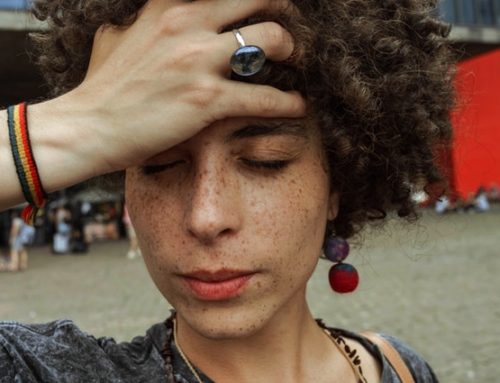by Robert Emmons
With Thanksgiving approaching, we’ll all soon be taking time to acknowledge what we’re grateful for. It’s a nice gesture, of course, but why do we do it? What good is gratitude?
In a series of studies, that helped people systematically cultivate gratitude, usually by keeping a “gratitude journal” in which they regularly record the things for which they’re grateful, researchers found many benefits. (For a description of this and other ways to cultivate gratitude, click here.)
Studying more than one thousand people, from ages eight to 80, they found that people who practice gratitude consistently report a host of benefits:
Physical
• Stronger immune systems
• Less bothered by aches and pains
• Lower blood pressure
• Exercise more and take better care of their health
• Sleep longer and feel more refreshed upon waking
Psychological
• Higher levels of positive emotions
• More alert, alive, and awake
• More joy and pleasure
• More optimism and happiness
Social
• More helpful, generous, and compassionate
• More forgiving
• More outgoing
• Feel less lonely and isolated.
The social benefits are especially significant here because, after all, gratitude is a social emotion.
What good is gratitude?
So what’s really behind the research results—why might gratitude have these transformative effects on people’s lives?
- Gratitude allows us to celebrate the present.It magnifies positive emotions.
Research on emotion shows that positive emotions wear off quickly. Our emotional systems like newness. They like novelty. They like change. We adapt to positive life circumstances so that before too long, the new car, the new spouse, the new house—they don’t feel so new and exciting anymore.
But gratitude makes us appreciate the value of something, and when we appreciate the value of something, we extract more benefits from it; we’re less likely to take it for granted.
- Gratitude blocks toxic, negative emotions, such as envy, resentment, regret—emotions that can destroy our happiness. There’s even recent evidence, including a 2008 study by psychologist Alex Wood in the Journal of Research in Personality, showing that gratitude can reduce the frequency and duration of episodes of depression.
- Grateful people are more stress resistant. There’s a number of studies showing that in the face of serious trauma, adversity, and suffering, if people have a grateful disposition, they’ll recover more quickly. Gratitude gives people a perspective from which they can interpret negative life events and help them guard against post-traumatic stress and lasting anxiety.
- Grateful people have a higher sense of self-worth. Because when you’re grateful, you have the sense that someone else is looking out for you—someone else has provided for your well-being, or you notice a network of relationships, past and present, of people who are responsible for helping you get to where you are right now.
Once you start to recognize the contributions that other people have made to your life—once you realize that other people have seen the value in you—you can transform the way you see yourself.
For the full article and videos on Gratitude, click here




